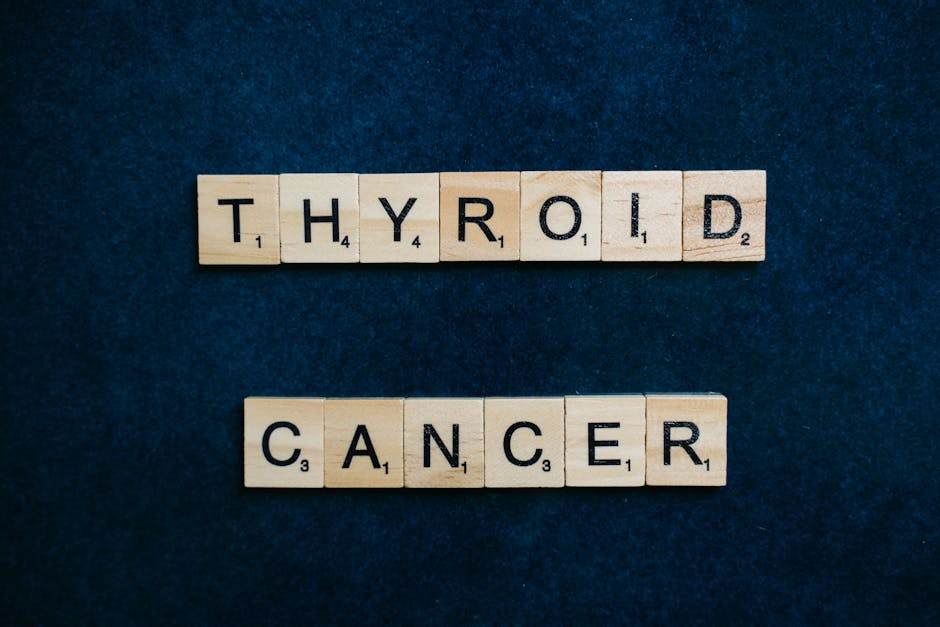Obesity is a complex, long-term disease commonly described as having a lot of body mass. Body fat is healthy, but having too much of it could change how the body functions. Obesity progresses over time, and the gradual changes could result in a lot of adverse physical, emotional, and mental health effects.
Causes and Risk Factors
Obesity results from long-term consumption of more calories than the body can burn during daily activities or exercises. While this has always been a problem, it has drastically increased over the past few years because of the increase in fast foods and high-calorie beverages. It has also resulted from less physically demanding jobs and conveniences like online shopping and escalators that do not require physical exertion. However, it is not always about the calories, and the following factors can increase a person’s chances of obesity.
Genetics
Genetic history can affect how the body uses and stores fat or where the fat is distributed. Genetics might also influence how the body converts food into energy, how the body burns calories throughout exercise, and how the body regulates appetite.
Poor lifestyle choices
These can include eating unhealthy foods with a lot of processed fats and sugars or oversized portions. Liquid calories like alcohol and sugared soft drinks also contribute because people can drink a lot without feeling full. Inactivity is another lifestyle choice that limits the number of calories burned, causing the body to turn them into fat.
Diseases
Some diseases could result in weight by affecting the body’s metabolism. They include Cushing syndrome, hypothyroidism, polycystic ovary syndrome (PCOS), and Prader-Willi syndrome. Conditions like arthritis could also reduce physical activity, resulting in obesity.
Medications
Some medications, like antipsychotics, corticosteroids, antidepressants, beta-blockers, and anti-seizure medications, can result in weight gain.
Hormones
Hormones are key in regulating hunger and sending hunger signals. However, conditions like lack of enough sleep and high stress levels could cause imbalances, leading to higher cravings for high-calorie or sugary foods.
Environment and Community
Environment determines what a person eats and how they spend their time. Therefore, you might have higher chances of getting obese if you live in a place without a lot of nutritious foods but many high-calorie options. There are also high chances if there is no safe place to walk or exercise.
Age
While obesity can occur at any age, old age can result in lower physical activities, hormonal changes, and less muscle mass, which increase obesity chances.
Pregnancy
Weight gain is typical in pregnancy, but some women might find it challenging to lose it after giving birth, which might result in obesity development.
Diagnosis
Body mass index is the first thing Dr. Pedro I Troya will check. It measures the average body weight against the average body height. Dr. Pedro I Troya uses a BMI of over 30 to indicate a patient has obesity, but that does not apply to muscular athletes or bodybuilders. Dr. Pedro I Troya can also use waist circumference readings to diagnose obesity in men or women with a waist circumference over 40 or 35 inches, respectively. The Bay Area Endocrinology Associates team will also review your medical history to understand previous health conditions, weight changes, and current eating, sleeping, and activity patterns.
Many doctors also administer a blood test to determine your cholesterol and blood sugar levels. Other tests you might undergo include a skinfold thickness test, waist-to-hip comparisons, ultrasounds, MRI scans, and dual-energy radiographic absorptiometry scans to measure the amount of body fat accurately and where it is located. You might also undergo diabetes screening, liver function tests, thyroid tests, or heart tests for Dr. Pedro I Troya to diagnose obesity-related illnesses. Doctors can also diagnose obesity in children but about their assigned sex and age. When analyzing children over two years, the BMI must be over 95% of children in the same category.
Obesity Classes
Doctors classify obesity based on the numbers they get from the BMI test.
- 30 to 35- Class 1 obesity
- 35 to 40- Class 2 obesity
- 40 and above- Class 3 obesity (severe, extreme, or morbid obesity)
Complications
Obesity can cause more than excess weight gain. A high body fat-to-muscle ratio exerts a lot of strain on the body’s internal organs and bones. It also causes inflammation, which could result in health complications that can be fatal if not treated.
- Type 2 diabetes
- High blood pressure
- Heart disease
- Fatty liver disease
- Gallbladder disease
- Stroke
- Arthritis
- Infertility
- Sleep apnea
- Kidney disease
- Back pain
- Gout
- Certain cancers like colon, endometrial, breast, cervix, esophagus, kidney, pancreas, or gallbladder cancers
Obesity can also result in other non-physical complications like low self-esteem, depression, mood disorders, and social isolation.
Treatments
Once Dr. Pedro I Troya has diagnosed obesity and reviewed your health and medical history, he will use that information to curate a personalized treatment plan. There are different treatment options based on your overall health and goals.
Dietary changes
This is among the first things Dr. Pedro I Troya will recommend, and he might refer you to a dietitian. The plan might involve changing what you eat or how you eat, but most dietary plans involve including a lot of fruits, vegetables, and whole foods.
Increased activities
This helps in weight reduction and maintenance. Exercises do not always have to mean heavy gym exercises, but you can start with short walks and gradually increase as the body gets used to the activities. Dr. Pedro I Troya advises always working with experts to determine the best exercises and execution.
Behavioral changes
Support groups, cognitive behavioral therapy, and counseling can help implement positive behaviors that help with depression, anxiety, and emotional eating.
Medications
Dr. Pedro I Troya might prescribe different medications based on your goals and the cause of obesity. Medications like Phentermine, Benzphetamine, Diethylpropion, and Phendimetrazine help decrease your appetite. Orlistat helps reduce fat absorption in the gut, Liraglutide helps slow digestion, and Phentermiene-topiramate helps make you feel fuller.
Surgery
You can discuss surgery and ask your doctor if it’s right for you with your doctor. Some choose to undergo surgeries such as gastric bypass, gastric sleeve, gastric band, or duodenal switch.
Get Personalized Obesity Treatment Today
At Bay Area Endocrinology Associates, we are committed to helping clients achieve their health goals using customized and professionally curated treatment plans. Dr. Pedro I Troya also develops a comprehensive weight loss program and takes you through it to determine its effectiveness and identify potential improvement areas. Call us today or visit any of our Bay Area offices for inquiries and bookings.








